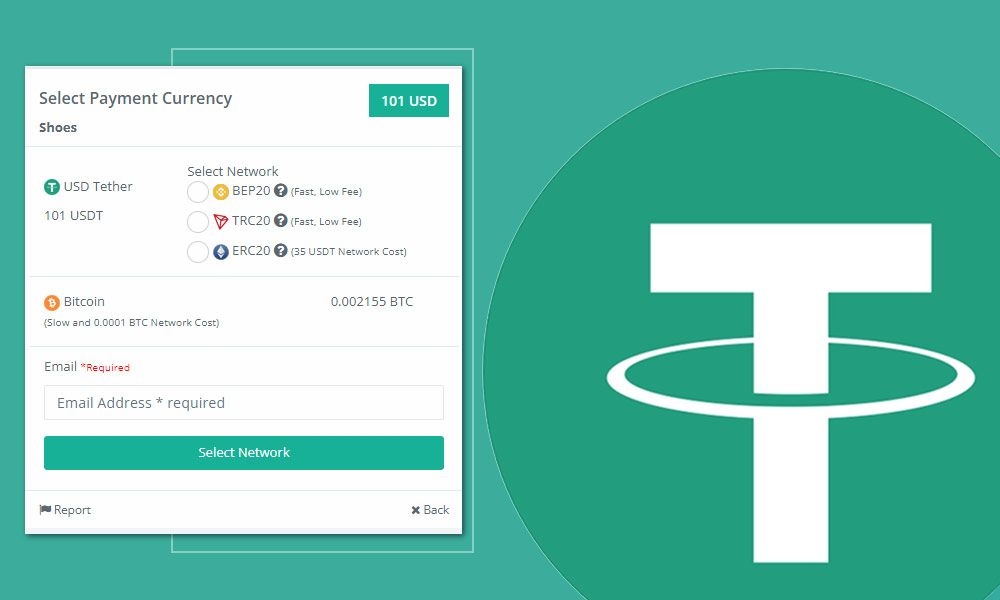How Can I Improve My Bad Credit Score?

Having a bad credit score can be a scary situation. Knowing that you have a low score affects your ability to obtain new credit or even rent an apartment. While it may seem daunting, there are steps you can take to begin improving your credit score.
Let’s look at some of the ways you can start rebuilding your good credit today.
Understand Your Credit Score
The first step to improving your bad credit score is to understand it. To start, familiarize yourself with the different types of credit scoring models and what they look for when evaluating your creditworthiness.
Knowing the factors considered by each credit score model can be helpful in assessing the overall state of your credit.
Additionally, make sure you understand how errors on your credit report might be adversely affecting your score and how to dispute and correct them.
Lower Your Debt-to-Income Ratio
Lowering your debt-to-income ratio is a great tip to follow if you’re looking to improve your bad credit score. It’s also crucial for potential lenders in understanding what kind of risk you pose as a borrower.
One way to reduce this ratio is to pay down existing debts and/or increase your income by pursuing additional work or taking on freelance jobs in the meantime.
Doing so will not only lower your debt-to-income ratio, but it’ll help you build up your savings and pay down existing debts faster – both of which are important steps in boosting your credit score.
It may be hard work but with financial discipline and dedication, this minor lifestyle change can have a major impact on your financial future.
Pay Your Bills on Time
One of the most important factors in determining your credit score is whether or not you pay your bills on time. If you have been having trouble keeping up with payments, make sure to set up automatic payments so that you never miss any of your payments.
Keeping up with your payments will help in improving your credit score over time as long as you consistently make them on time.
Repay Your Debts on Time
If you have any ongoing debt like credit card bills, payday loans, alternatives to loans for bad credit, short-term loans, lines of credit, etc., then it’s important to make sure you are paying them off as quickly as possible. Paying your debts on time will help in improving your score, so try to pay more than the minimum payment each month whenever possible.
Limit New Credit Applications
When you apply for new credit even when you have a bad credit score, lenders will run a hard inquiry on your credit report. This hard inquiry can cause your score to drop. Therefore, it’s best to limit your new credit applications as much as possible and only apply when absolutely necessary.
Dispute Any Errors in Your Report
Another important step in improving your credit is to check for any errors on your report and dispute them if necessary. If there are any inaccuracies or mistakes, contact the reporting agency and provide evidence that the information is incorrect.
Have patience when disputing these errors, as it may take some time for them to be removed from your report (but be persistent).
Inaccurate information could have a substantial impact on lowering your score, so getting rid of it will go a long way in helping improve yours!
Reduce Your Debt
Reducing the amount of debt, you owe can also help improve your credit score significantly over time. Paying down debt not only helps reduce what creditors see as a risk but also lowers the amount of interest accrued each month, which means more money stays in your pocket at the end of the month instead of going towards interest payments.
It’s important to focus on reducing one account at a time rather than spreading yourself too thin across multiple debts, this approach helps ensure that each debt gets paid off entirely before moving on to another one.
Conclusion:
Improving your credit score can be a daunting task, but with the right steps and dedication, it’s possible to improve it over time.
Start by understanding where you are currently at in terms of your credit score, then work on lowering your debt-to-income ratio by paying down existing debts and increasing your income. Make sure to pay all bills on time and don’t apply for any new credits until absolutely necessary.
Additionally, dispute any errors on your report and focus on reducing one account at a time rather than spreading yourself too thin.
With financial discipline and dedication, these small changes can have a major impact on improving your bad credit score!
Good luck!










